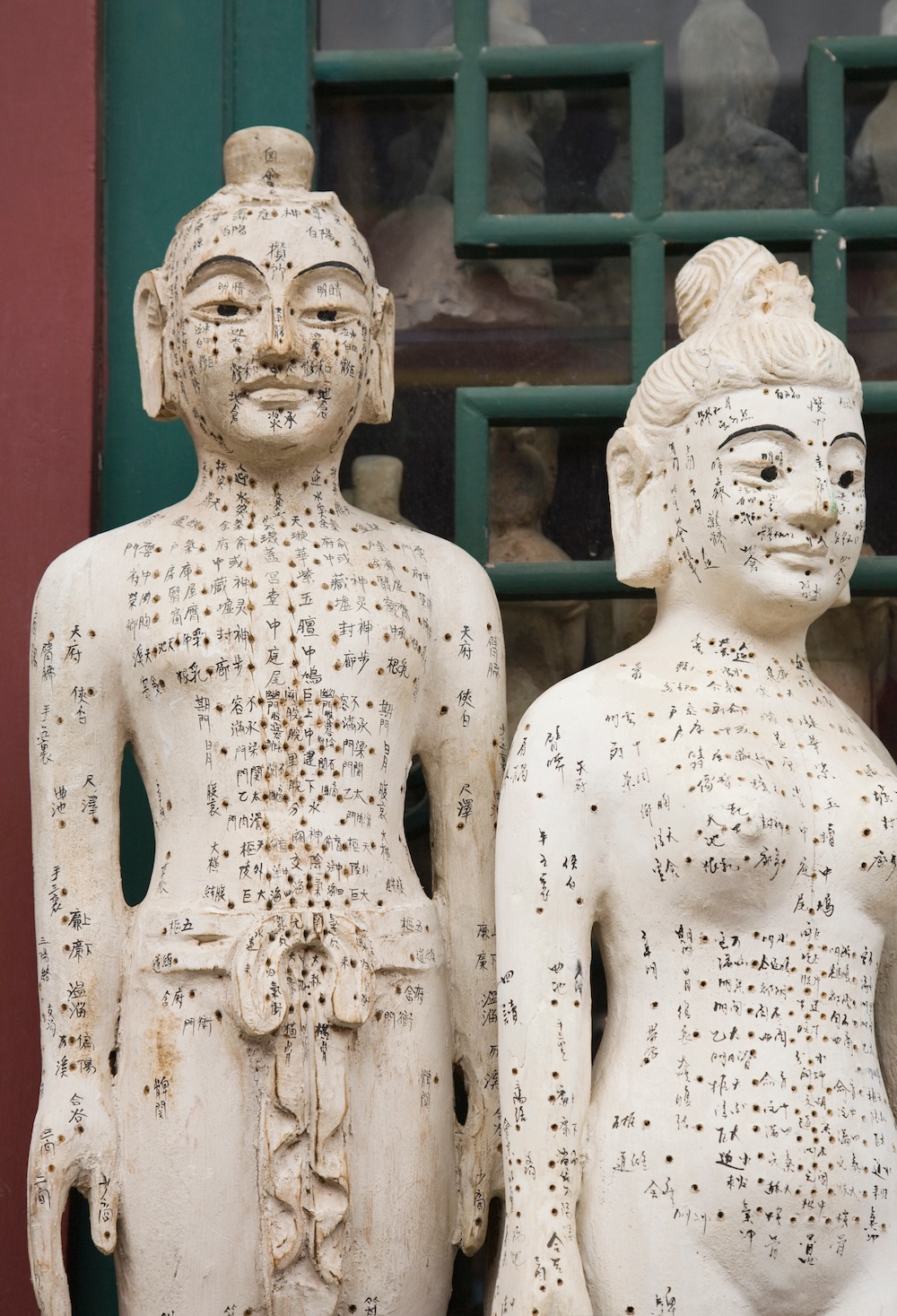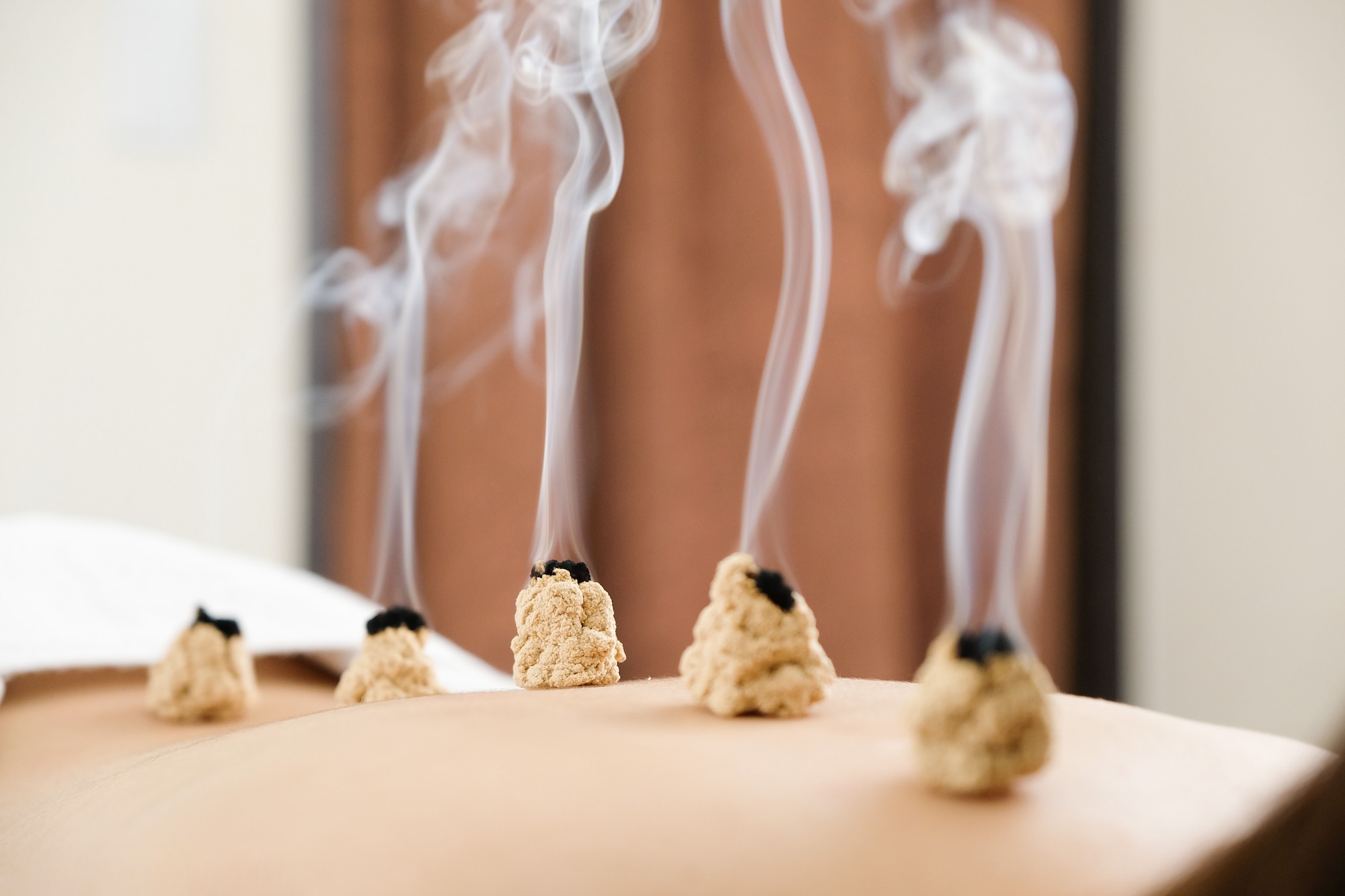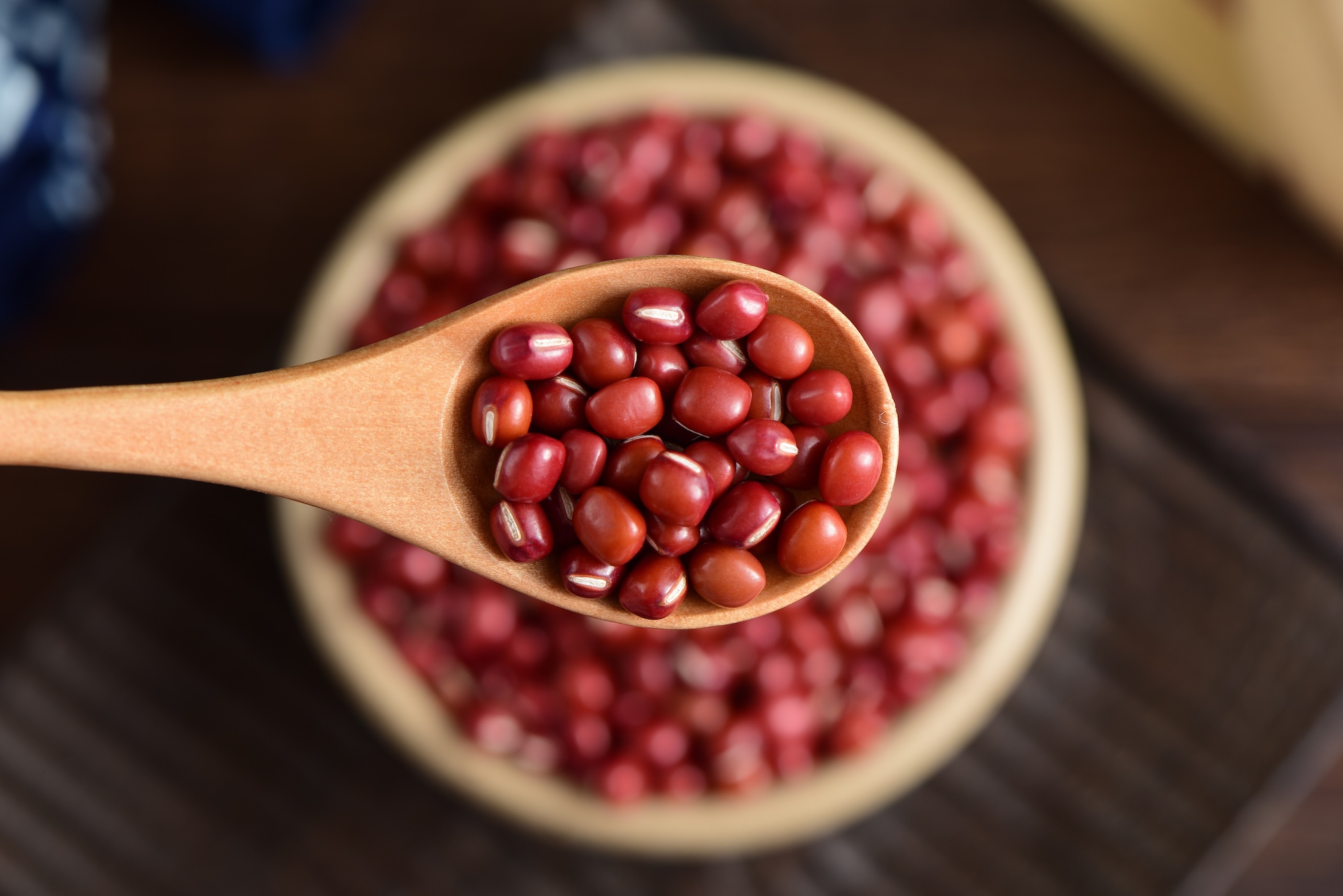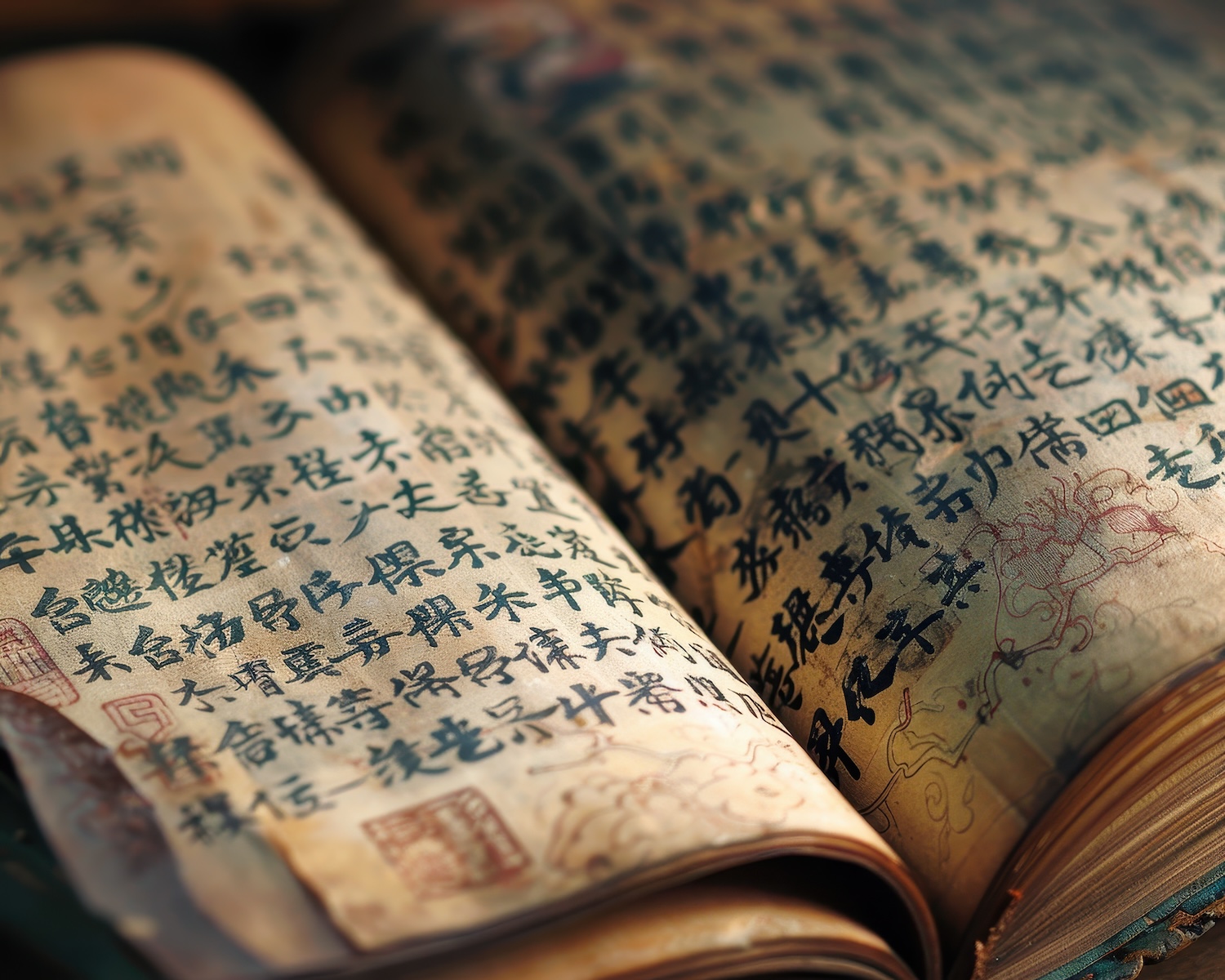Acupuncture

Acupuncture is a key component of Traditional Chinese Medicine (TCM), an ancient and highly refined medical system that originated in China and is now practiced worldwide. It involves the precise insertion of extremely fine, sterile, single-use stainless steel needles into specific points on the body, known as acupuncture points, to promote or restore health and well-being.
Performed by a qualified professional, acupuncture is safe and free from harmful side effects. With thousands of years of successful application, it remains a proven and trusted form of treatment. It can be used on its own or in combination with other TCM therapies, such as Herbal medicine, moxibustion, cupping, dietary guidance, and lifestyle advice, Medical Qigong for a comprehensive approach to health care.





